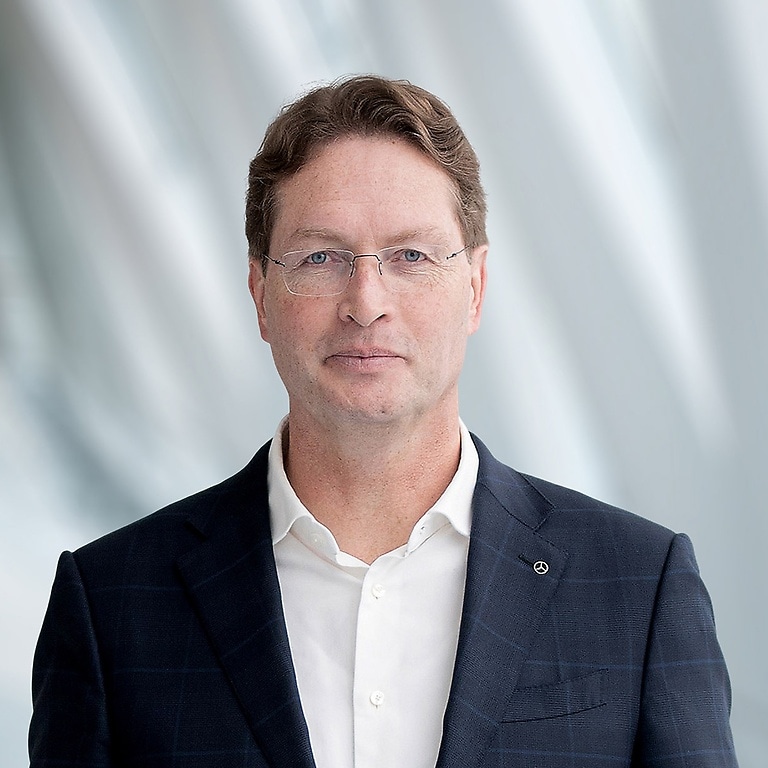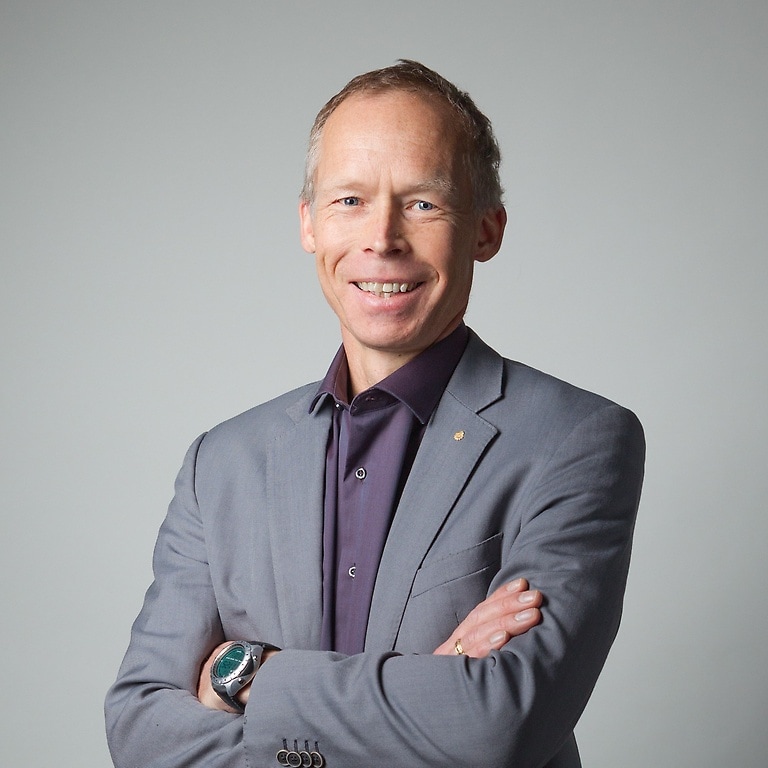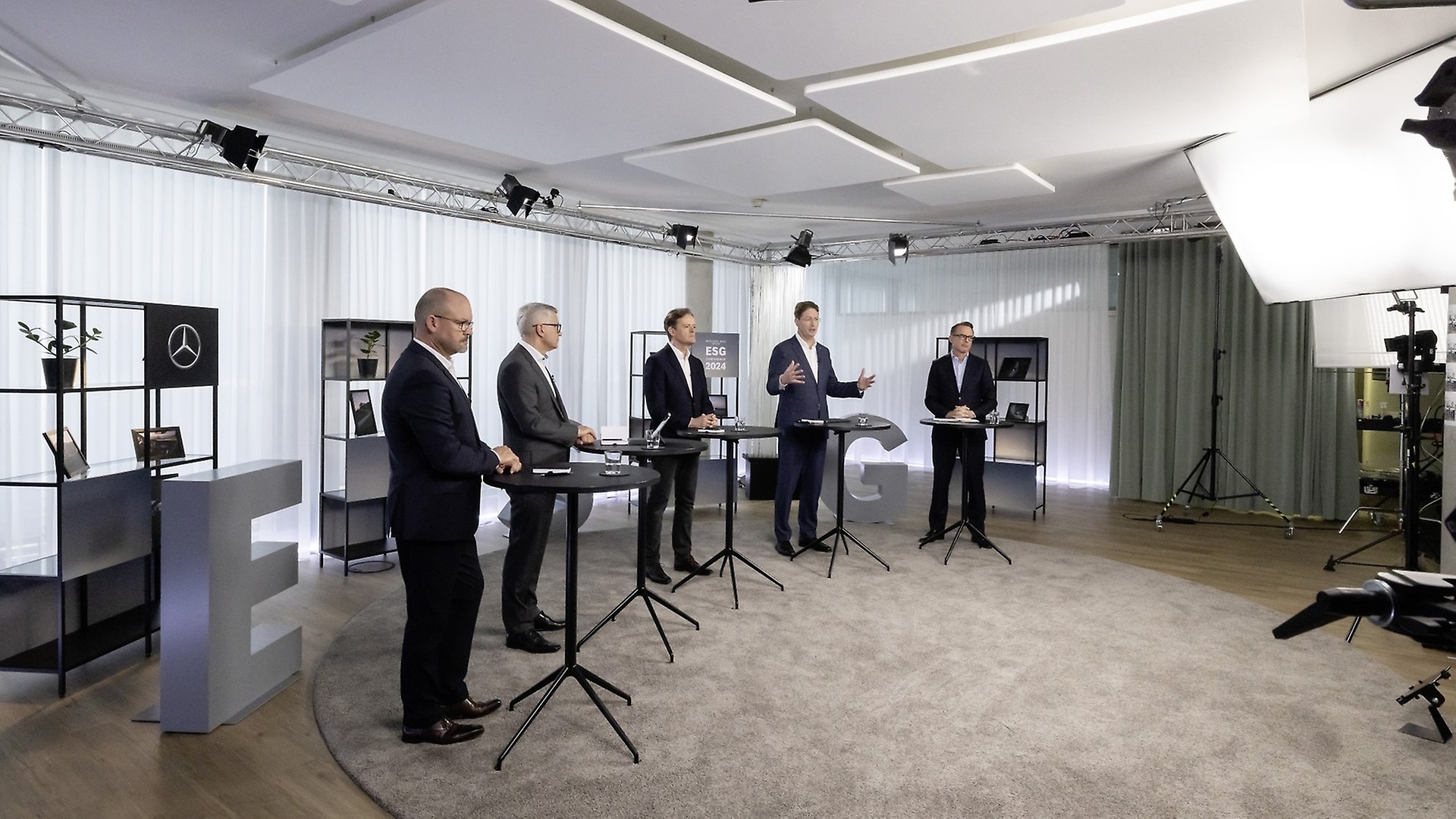Mercedes-Benz is shaping the transformation in a future-oriented, socially acceptable and responsible manner with its HR-Strategy – the ‘Sustainable People Plan’. With its three pillars – Re-Shape, Re-Skill and Re Charge – the company seeks to empower its employees to stay successful in a digital and electric future. Re Shape focuses on the streamlining of the organization based on new products, technologies and fields of competence and the socially responsible transformation of the company. With Re-Skill, Mercedes-Benz cultivates learning and future-ready development through training and qualification. As part of its initiative “Turn2Learn”, Mercedes-Benz plans to invest more than €2 billion in the qualification of its global workforce until 2030. In 2023, the total global qualification time increased year-on-year by around 19 percent to more than 2.3 million hours. In the pillar Re-Charge, Mercedes-Benz nurtures an attractive and inspiring working environment that values diversity, equity and inclusion. This also includes the ambition of 30 percent women in senior management positions worldwide in 2030. By the end of 2023, the company with the star had already reached a share of 25.7 percent of female senior managers and is therefore well on its way.
The scope of the transformation is particularly noticeable in the “Powertrain Network” and the associated areas. To even better inform, engage and support employees in these areas in the transition, Mercedes-Benz has therefore launched the initiative TransformatiON in 2022. As part of this initiative, a new app was rolled out at the end of September 2023 to keep employees in the powertrain network up to date on the transformation. At various locations, additional workshops, guided tours, and market stalls were offered to show employees different perspectives how to develop, how to participate in change, and to provide them with insights into future job profiles.
,xPosition=0,yPosition=0.5)





,xPosition=1.0,yPosition=0)
,xPosition=0.5,yPosition=0)
,xPosition=0.5,yPosition=0)
,xPosition=1.0,yPosition=0)